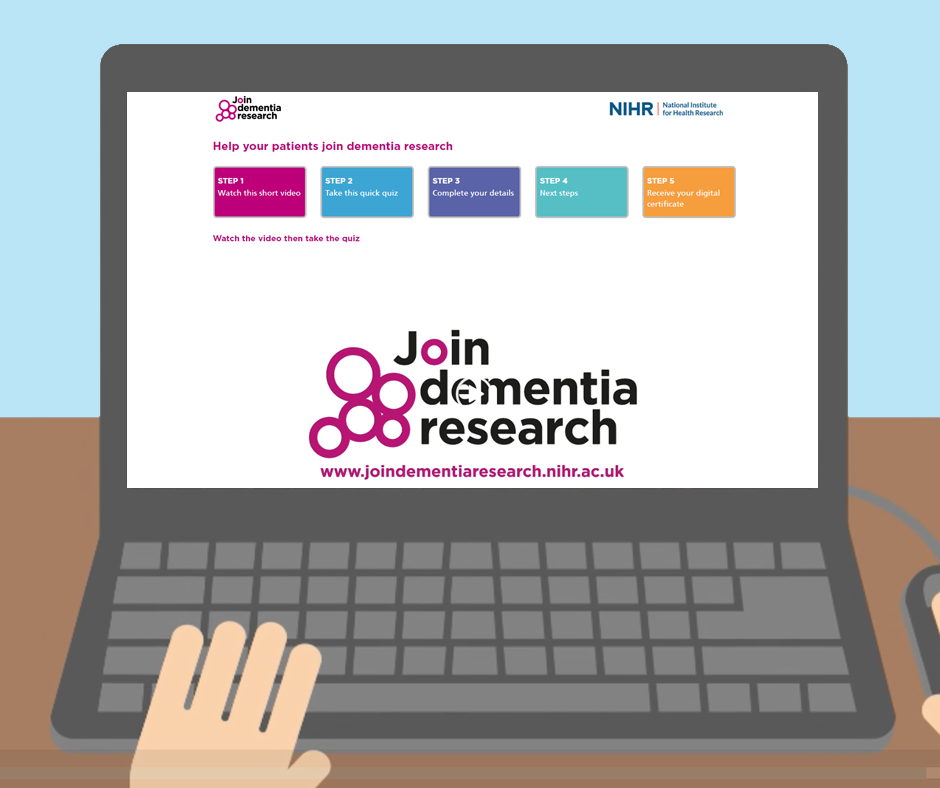Dementia Research in Scotland
Scotland’s dementia research community has strong tradition of impactful research with outcomes that improve the lives of people living with dementia and those who care for them. Visit our Research Themes page for an overview of the types of ongoing research taking place in Scotland.
See below for some of the work of researchers, and how we can help you with your research.
Promoting Research
The SDRC works to celebrate the ongoing work of researchers.
If you have something you would like to share with the SDRC membership, please get in touch.
Scottish dementia and brain health research in 2022 in numbers

We attracted 54 research grant awards, totaling £14.5 million in research grants

Over 700 Scottish-based researchers contributed to a research paper or grant award

Scottish-based researchers published over 300 papers into scientific journals

We collaborated with 2200 international researchers in 49 countries
Research spotlight: blog
Research spotlight: video
video coming soon
Are you a researcher that would like to feature in this spotlight section? Get in touch to write a blog or share a video with us!
How can I get involved in dementia research in Scotland?
Join Dementia Research
Anybody over the age of 18 can take part in dementia research in Scotland. The first step is signing up to support vital research studies across the nation.
Join Dementia Research is UK-wide service which allows you to register your interest to take part in dementia research and be matched to suitable studies. The register is open to anyone – so you do not need to have a diagnosis of dementia or any family history of the illness. You can also sign up someone else to the register, if you have their consent to do so.
Visit the Join Dementia Research website for more information. You can also find out more about volunteering for dementia research studies by calling Alzheimer Scotland’s 24 Hour helpline on 0808 808 3000
Supporting Research
Funding and Career Opportunities
Research studies recruiting volunteers
Are you an Early Career Researcher?
The SDRC understand the specific challenges that early career researchers have in their career.
Therefore we have created a range of resources dedicated specifically for early career researchers to support them in their development.
Webinars
Educational content which offers practical education on specific elements of dementia or brain health research. Or masterclasses which will give advice on career progressions.
Speakers are experts in their fields.

Mentorship
We assign early career researchers to a more experienced academic who will give one-to-one advice and support.
This programme is currently paused but SDRC members will be notified once it restarts.
Useful links
We know the dementia and brain health landscape can be intimidating to those new to research in this area.
Visit our Useful Links page to get an overview of organisations that are relevant to research and academia.
How can I be a part of the SDRC?
The SDRC is the biggest network of dementia and brain health research in Scotland. We all work together to celebrate and grow the research community.
Membership is free and open to all.


